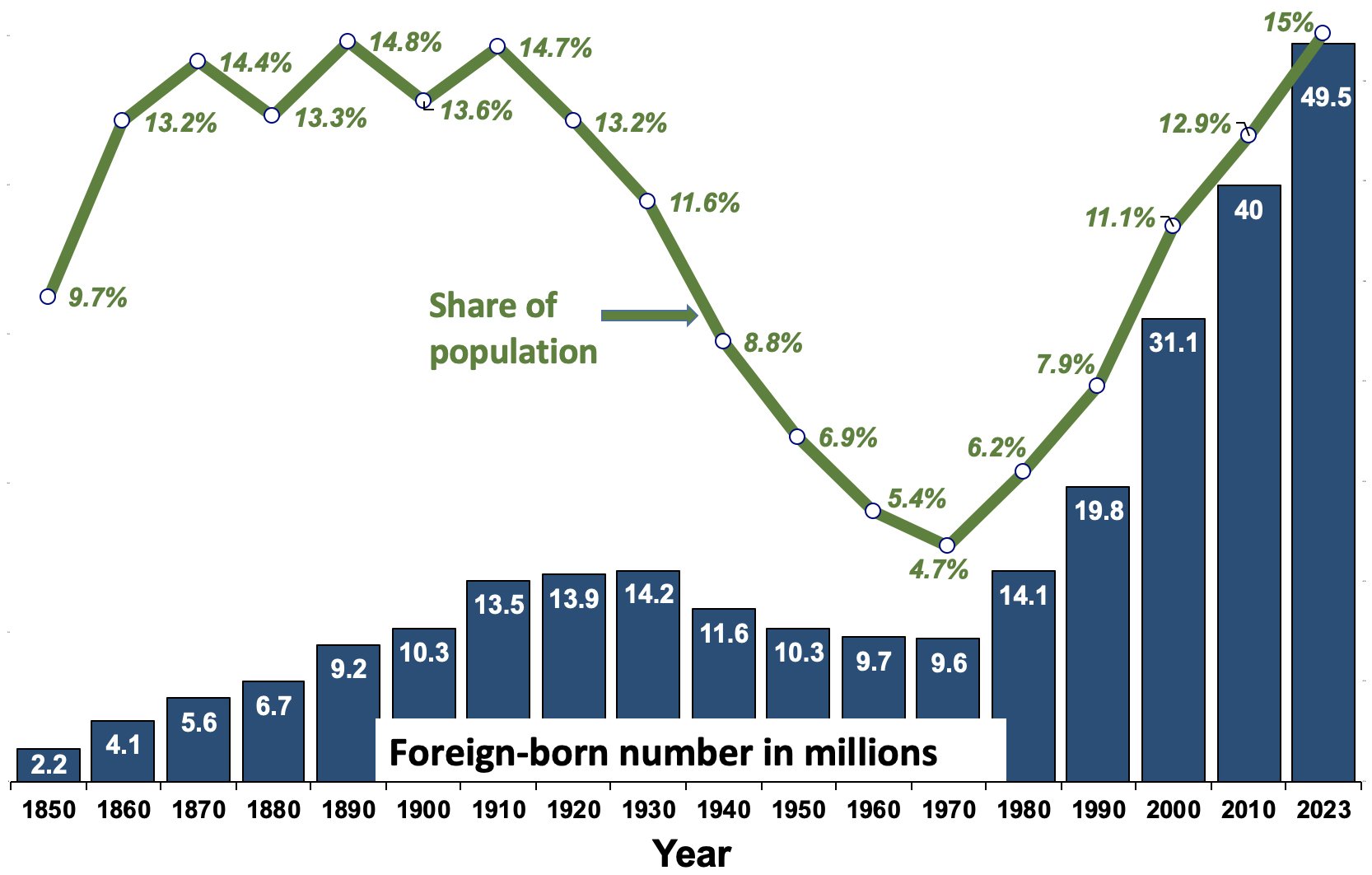odanny
Diamond Member
Does anyone have any insight into why these changes started 50 years ago?
I've posted a link at the bottom:





 wtfhappenedin1971.com
wtfhappenedin1971.com
I've posted a link at the bottom:

WTF Happened In 1971?
"I don't believe we shall ever have a good money again before we take the thing out of the hands of government, that is, we can't take it violently out of the hands of government, all we can do is by some sly roundabout way introduce something that they can't stop." - F.A. Hayek 1984
